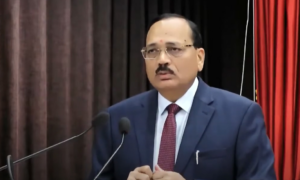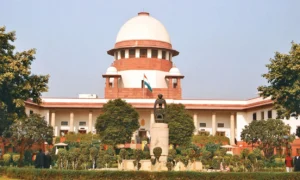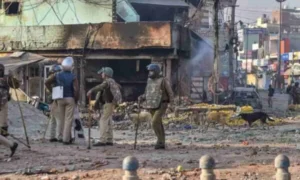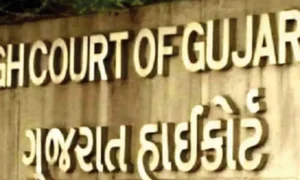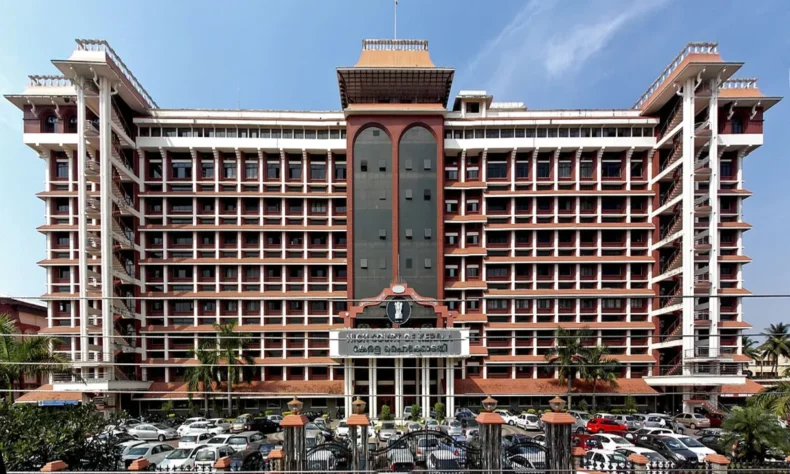
The Kerala High Court has issued a significant directive to the State government, instructing it to formally recognise snakebite envenoming as a notifiable disease under the Kerala Public Health Act, 2023, and to complete the process within a two-month period.
The decision came from a bench headed by Chief Justice Nitin Jamdar along with Justice Shoba Annamma Eapen while hearing a public interest petition that gained urgency after the tragic death of a young schoolgirl in Wayanad who was bitten by a snake inside her classroom. The incident drew widespread attention to gaps in public health preparedness and the urgent need for systemic safeguards, particularly in rural and tribal regions where snakebite incidents are most frequent.
The Court made clear that classifying snakebite as a notifiable disease was essential to generate accurate data, strengthen monitoring, and ensure timely policy interventions. By bringing snakebite under the ambit of the Public Health Act, the State will be legally obligated to track cases, maintain records, and adopt coordinated measures to reduce fatalities. The bench observed that snakebite remains one of the most under-reported health challenges in India, even though it causes thousands of deaths annually, many of which are preventable with prompt treatment.
As part of its directions, the High Court ordered the establishment of a joint committee headed by the Chief Secretary to oversee the implementation of preventive strategies and treatment protocols. This body will be tasked with preparing and regularly updating guidelines on snakebite prevention, school safety norms, and emergency medical responses. The Court made it mandatory for the committee to meet at least twice every year and coordinate with the Kerala State Legal Services Authority to ensure comprehensive oversight and transparent reporting.
The judgment also required the appointment of nodal officers at both the state and district levels. These officials will be responsible for collating data on snakebite incidents, tracking mortality rates, and presenting detailed reports to the monitoring committee. This data-driven approach, the bench observed, would help identify vulnerable areas and ensure targeted interventions such as awareness drives, preventive infrastructure, and emergency medical preparedness.
The Court further directed the government to issue circulars within two weeks, instructing all concerned departments—particularly those involved with education and rural development—to strictly enforce safety measures in schools and public institutions. The bench stressed that preventive steps, such as ensuring proper maintenance of school premises, reducing overgrowth where snakes may hide, and creating awareness among teachers and students about first response, were critical to preventing a repeat of the Wayanad tragedy.
Another crucial element of the Court’s order was its emphasis on the uninterrupted availability of anti-venom across healthcare centres, especially in rural hospitals and primary health centres located in forested and tribal belts where access to emergency treatment remains a challenge. The Court observed that timely administration of anti-venom is often the decisive factor in survival and recovery, and therefore its steady supply cannot be compromised.
In its ruling, the bench gave the State government a strict deadline of October 8 to complete the notification process and to implement the initial directives, warning that fail or bureaucratic inertia to jeopardise lives when a preventable public health hazard is at issue.
By treating snakebite as a matter of urgent legislative and administrative action, the Kerala High Court’s order not only addresses immediate safety concerns but also lays the foundation for a structured and accountable framework. The ruling underscores the judiciary’s role in bridging gaps in public health governance, while placing the onus firmly on the State to act decisively and prevent avoidable tragedies.
This directive signals a turning point in recognising snakebite as more than an isolated medical emergency; it establishes it as a systemic public health challenge that demands proactive state-led intervention. For Kerala, and potentially other states, the order highlights the need to balance healthcare delivery with preventive vigilance, ensuring that no life is lost to what the Court described as a preventable and controllable risk.
📰 Crime Today News is proudly sponsored by DRYFRUIT & CO – A Brand by eFabby Global LLC
Design & Developed by Yes Mom Hosting



